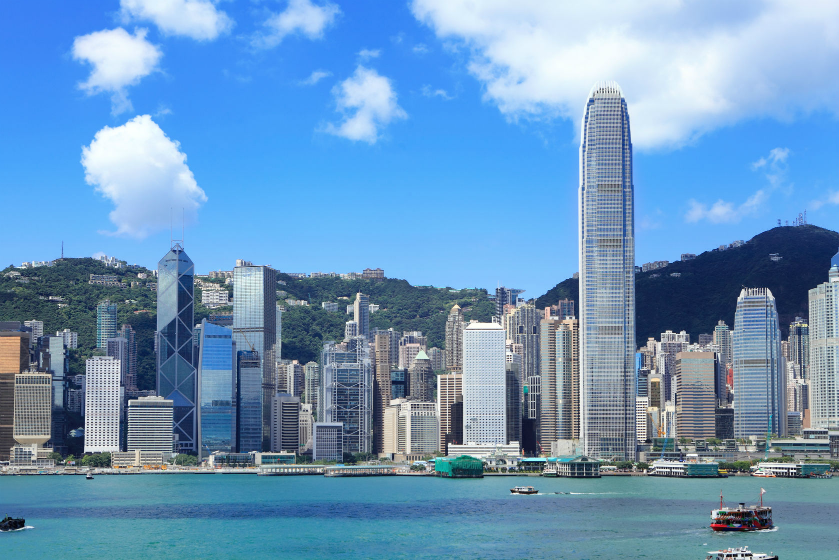Watch out for asset bubbles in 2018

The investment market has seen a bull run in 2017, with US stocks reaching record highs, and Hong Kong's Hang Seng Index (HSI) rising just above 30,000 points, the highest in 10 years. Hong Kong property prices continued to soar, and the long-awaited correction has yet to come.
Investors have mixed views on the market outlook in 2018. However, the question of market bubbles have come along with booming asset prices. While conventional wisdom suggests to not speculate when markets will top or bottom out, it is prudent and wise to understand the risk factors, look out for red flags, and make sensible investment decisions in view of rising bubbles.
-
China factors
Led by China shares listed in Hong Kong, in particular the tech shares, the HSI surged 30% in the first 11 months of 2017 and reached a 10-year high in November. Mainland investors have increasingly used Stock Connect as a channel to invest in Hong Kong stocks, bringing of a net capital inflow of $637.5 billion into the Hong Kong market in the past three years. According to HKEX data, in the first ten months of 2017, Mainland investors trading through Stock Connect contributed about 7% of the Hong Kong market's average daily equity turnover.
China factors can be both a market driver and a risk factor. Investors should be aware of China-related risks, in particular the growing debt levels which has prompted the Chinese government to implement deleveraging measures to tighten credit and liquidity. The pace of execution and effectiveness of these deleveraging measures, and their impact to the economy and financial markets will give investors cause for concerns.
-
Interest rate hikes
The US Federal Reserve raised interest rate in March, June and December this year. However, given the abundance of liquidity in the banking sector, local banks have not adjusted their rates after the US rate hikes. The two best lending rates have stood at 5% and 5.25% since the end of 2008.
Since local banks have not followed the US to raise interest rates, it may be easy to overlook the significance of rate hikes and not take such risks into account. However, the Hong Kong Interbank Offered Rate (HIBOR) has strengthened this year, and the overnight, one-month and three-month HIBORs have averaged at 0.41%, 0.82% and 1.02% in November. If the gap between the Hong Kong and US rates continues to widen, or the local capital demand increases, the HIBOR will rise further. This may result in rising capital cost of banks that will lead to upward adjustment of the best lending rates eventually. Investors should be aware of the widespread implications of rate hikes on the economy and financial markets as well on personal investments andany outstanding loans.
-
Valuation
The strong rally this year will lead investors to start thinking about the valuation of the Hong Kong and A-share markets and individual sectors. Is the valuation justified at present? What are the fundamental drivers? Investors typically look at the economic growth and earning of companies in order to see the valuation of markets and individual companies. Investors will get some insights from the upcoming economic figures from China early next year, and the resulting announcements of Hong Kong-listed companies in March next year.
Hong Kong home prices have been rising with the home price index scaling to a new peak in 2017. The soaring property market has stretched housing affordability even further. According to the data of the Hong Kong Monetary Authority, the housing price-to-income ratio stood at 16.6 in the second quarter, which is even higher than the 1997 peak of 14.6, while the income-gearing ratio reached 75.5%, much higher than the long-term average of about 50%.
-
Political risks
North Korea-US tensions have heightened in recently years. On the other hand, unease is growing in the Middle East since the US president, Donald Trump recognised Jerusalem as Israel's capital in early December 2017. With a high and buoyant financial market, such geopolitical events could cause investors to be concerned in 2018. Watch these and other similar events closely and keep track of the potential impact on any of your investments.
With a bullish 2017 and the economy and stock market having largely escaped any major volatilities, should investors hope for the same in 2018, or is the run over? In light of the risks from politics, monetary policies and market corrections, it pays not to be too exuberant and exercise caution.
20 December 2017



